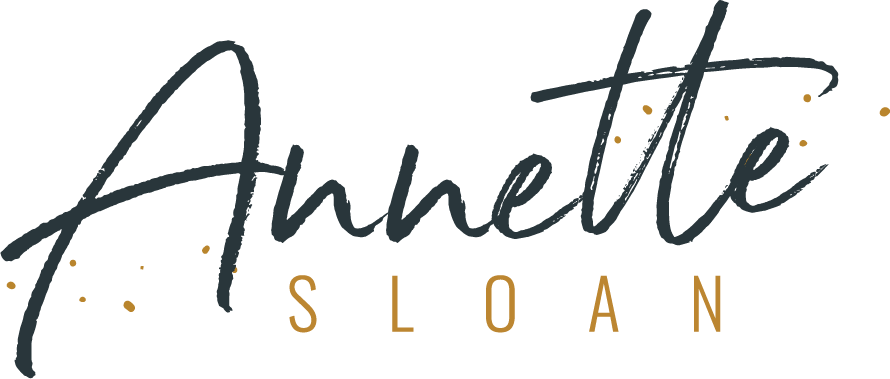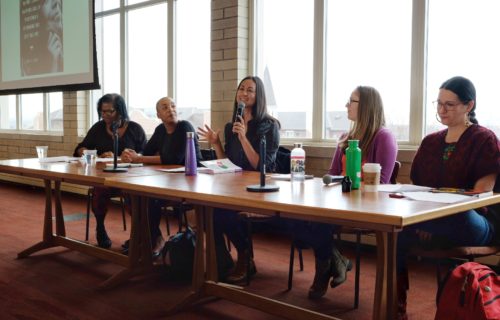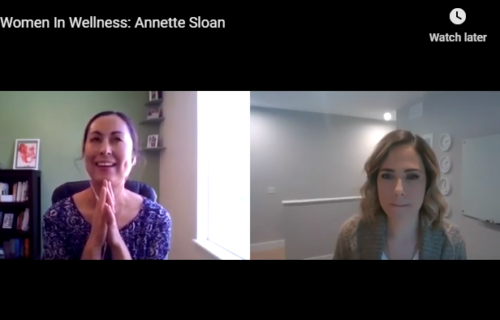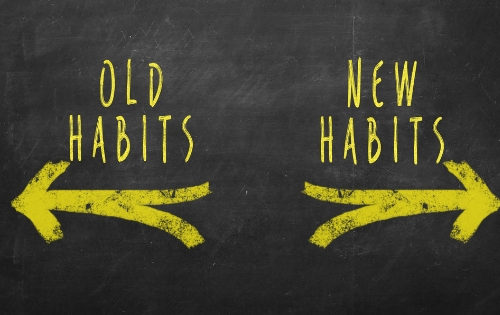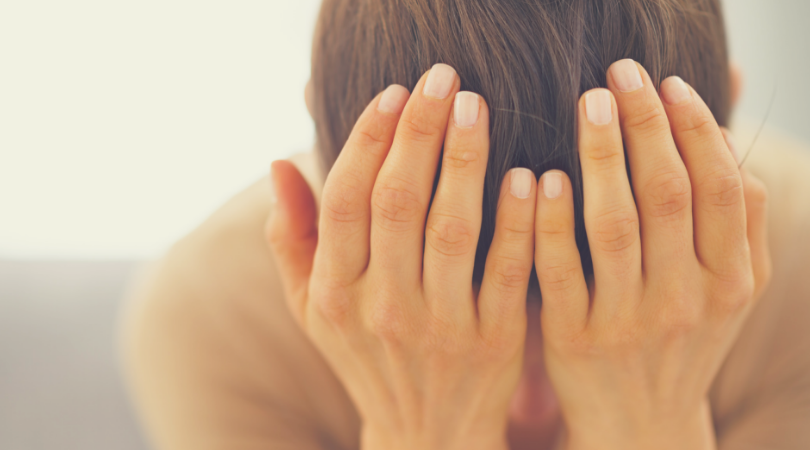
7 Things I Wish I Could Go Back and Tell My Disordered-Eating Self
I’m passionate about food freedom because I have a history of disordered eating. Although I wasn’t a dieter in the traditional sense, my sense of self-worth was strongly tied up in being a “perfect healthy eater.” For years, I swung wildly between adhering to strict food rules and secret out-of-control binge eating.
Earlier this week, I found myself making a list of seven things I know now that I wish I would have known back when I was deeply in the throes of disordered eating.
Today, I’d like to share it with you.
7 Things I Know Now That I Wish I Would Have Known Then
- When you’ve been restricting your food intake, binge-eating is a natural and clinically-expected response. People don’t binge because they’re weak; they binge because their bodies and psyches can only take so much restriction before taking over to bring things back into balance.
- Emotional eating can be a form of self-care in a moment when you don’t know what else to do to take care of yourself. Until you’ve gained the self-awareness to understand the unmet needs you’re using food to try to fill and intentionally cultivated the ability to feel tough feelings, it’s completely natural to turn to food as a way to soothe yourself.
- You can never hate yourself into a version of yourself that you’ll love. Trying to change by beating yourself up only gets you mired deeper in the muck of your challenges.
- Mindfulness and self-compassion are game changers. As you gain self-awareness and learn how to be kind to yourself when you’re suffering, your relationship with food and body will start to heal.
- We live in a fatphobic world, and women in particular are conditioned to think that fat is the worst thing we can be. This is a social justice issue because it positions some bodies as better and more worthy than other bodies. Most people, including doctors, don’t realize this yet. But as long as we buy into the fatphobia and spend our time, energy, and money trying to be thin, we are both victims of and contributors to an unjust narrative.
- Ultimately, dieting – and our health and wellness culture in general – is a manipulative $66 billion industry whose survival is dependent on us believing that thin bodies are healthier bodies (research has proven this untrue) and, more insidiously, on us believing that we’re not good enough as we are.
- We are undoubtedly and unequivocally good enough as we are. The only reason we think otherwise is because that’s what the world has conditioned us to believe. If we want to be free, our job is to unlearn the BS and reconnect with our inherent wholeness and humanity.
If you’re struggling with disordered eating, please know that healing is possible. I’m rooting for you, always.❤️
